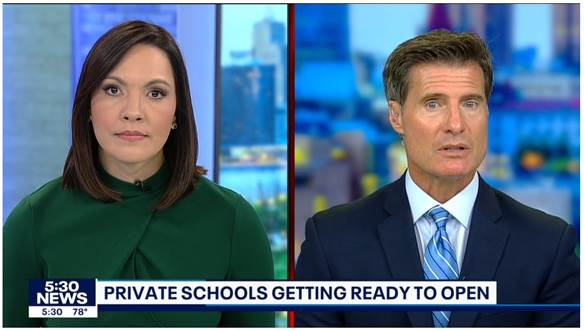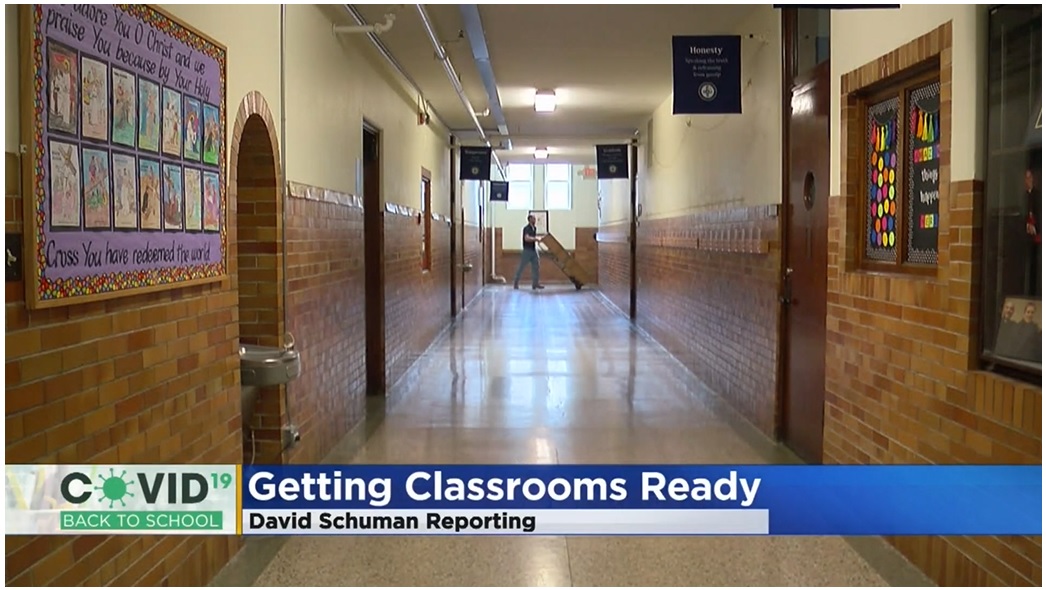As states across the country expand educational freedom through policies such as Education Savings Account (ESA) legislation, some in the homeschool community have raised concerns and are actively opposing ESA bills, fearing that support would threaten the autonomy of home education. “With shekels, come shackles,” as the argument has been succinctly stated.
Homeschool families fought for many years for the freedom and autonomy they now have directing their children’s education — it wasn’t legalized in Minnesota until 1987 — so the concern that using funds allocated by the state for their child’s education will result in increased government regulation is a legitimate position.
Given that choice policies like ESAs have existed for decades, what has their impact been on homeschool families and communities?
Expanded freedom
One place to look is Arizona, where the nation’s first ESA program was passed in 2011. The law distinguishes homeschool students as a separate legal category from home educated students who participate in the ESA program, preventing encroachment on the freedoms of homeschool families who choose not to participate. The law goes a step further and includes additional safeguard language, stating the existence of the ESA program does not authorize state control or supervision over any nonpublic school or homeschool. No new restrictions on homeschool families have resulted over the past decade-plus existence of the program. In fact, as the Goldwater Institute documented here, new laws expanding homeschool freedom have passed since the program’s inception.
In 2017, House Bill 2389 was signed into law requiring all state governmental entities to recognize all diplomas and transcripts from school options available in Arizona, including homeschool diplomas and transcripts. In 2018, House Bill 2536 was signed into law allowing homeschool students to fully participate in community college dual enrollment programs.
Wyoming recently enacted a universal ESA program and signed into law the “Homeschool Freedom Act,” becoming another example of a state with a choice program and expanded homeschool freedom.
According to a national study by Johns Hopkins School of Education, no state has increased homeschool regulations after passing a school choice program, and, overall, homeschool regulation has decreased over time.
Personal testimony
Florida also has a long school choice history. One homeschool family shares their ESA story here, asserting they were initially worried about government control of curriculum and other aspects of their children’s education but have maintained their freedoms.
An Arizona homeschool mother notes she was also hesitant to participate in her state’s ESA program out of fear of government interference, but after 14 years this has not happened.
For a grandmother in New Hampshire, she creatively uses the state’s ESA program to help educate her six grandkids through both homeschooling and private schools. Her response to worries about possible government interference in homeschooling? “I’m not going to give them less of an education out of fear.”
Government regulation can already happen
On the flip side, there is nothing stopping a state’s government from passing legislation that increases mandates and regulations on nonpublic learning environments, even without the existence of a choice program. Proposed legislation in Illinois is an example of this.
Finally, given that every school choice program is voluntary, those who are concerned over more government regulation can continue their child’s education as they currently are. ESAs do not appeal to every family. But for families who want to homeschool yet don’t currently have it as an option (perhaps they aren’t able to drop an income at the moment), they shouldn’t be prevented from making the decision to participate in such a program if they want to. A family actively opposing a program they dislike — even though they don’t have to participate in it — then denies another family the opportunity to decide for themselves if they want to participate or not.
From data and personal testimony, a properly structured ESA program provides meaningful choice for families without infringing on homeschool freedoms.
Interested in what an ESA program would mean for Minnesota? Learn more here, and reach out to your legislators and tell them to support $7k for Kids (H.F. 19 and S.F. 244).













